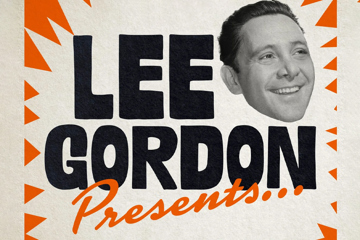Live Review: Chris Cain, Simon Kinny-Lewis
"Chris Cain is an engaging performer who takes as much delight in his moment in the spotlight as anyone sipping wine from the cheap seats."
The shadow of BB King loomed large over the Chris Cain gig at Leadbelly, not as an ominous foreboding portent, but more as a shadow of a great redwood tree that grew large and punched a hole in the canopy of music, shedding new light and demonstrating the possibilities for those who follow.
An acoustic set from Simon Kinny-Lewis opened the show, a strong set that leaned heavily on the material from his album Catfish. Kinny-Lewis' chops were evident right from the start, and were clearly appreciated by the audience who whooped their encouragement throughout. Among the highlights were the covers of King's The Thrill Is Gone, Cain's Trouble Makin' Woman and Robben Ford's Chevrolet. The set wound up with his track Catfish Blues and the airing of a fresh new number, which with a bigger arrangement sounds likely to make its mark among blues afficionados.
Chris Cain is an engaging performer who takes as much delight in his moment in the spotlight as anyone sipping wine from the cheap seats. Supported by Roscoe Clark on drums, bassist Stan Mobbs and Rick Melick tinkling the ivories, there was much fun had by all.
Among the many stories US blues master Cain shared with the audience, was the tale of how he came face to face with another great King in his younger years - having met Albert King as a skinny 17-year-old, something he'd longed for since King had first inspired him to pick up the guitar.
Don't miss a beat with our FREE daily newsletter
"I didn't know anything when I was nine, but I knew Albert was great," Cain said, "Shaking his hand was like losing mine down the side of the couch."
What was surprising was the near absence of axemasters in the house taking in the spectacle, and soaking up a masterclass. Oh well, their loss. Cross Cut Saw, Sweet Sixteen, Me And My Baby and the classic Drinking Straight Tequila were great moments on stage. Others included Kinny-Lewis joining the band onstage to crank out several numbers.
As the show neared the end, musicians and punters alike were equally loath to wind it up, doling out "just one more" more than once.






